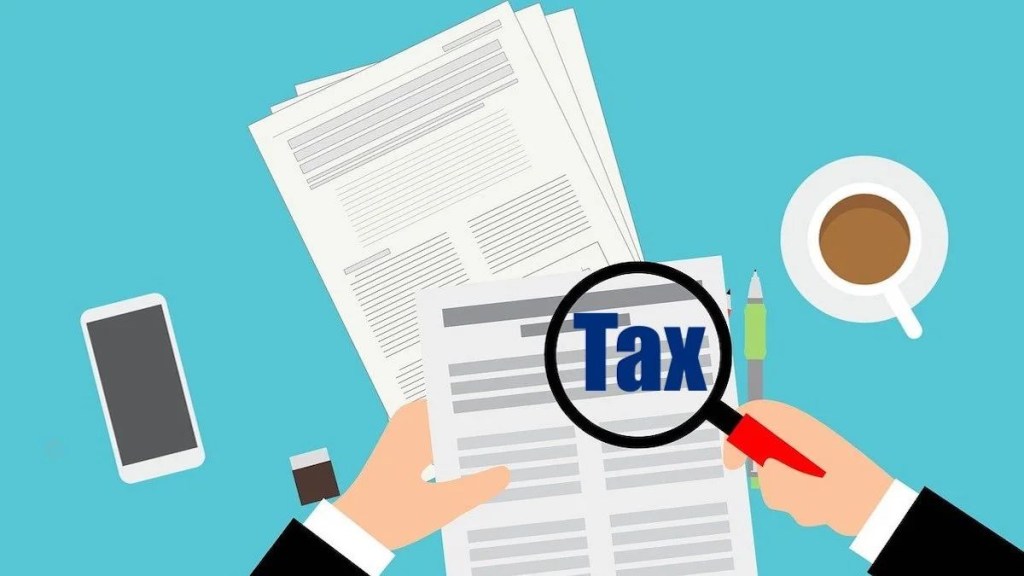The government may consider taxing the return on debt capital distributed by Infrastructure Investment Trusts (InvITs) as capital gains, rather than as “income from other sources”, as proposed in the Finance Bill 2023. The change could lower the tax incidence on unitholders of InvITS, as capital gains are typically taxed at much lower rates, compared with income tax at marginal rates for domestic and foreign investors.
The rethink is prompted by the concerns expressed by various stakeholders, including government bodies like NHAI and PowerGrid, that the tax proposed in the Budget, could discourage future issuance of InvITs, increasingly a key instrument for infrastructure financing.
According to sources, the Finance Bill, 2023 may be changed to soften the tax blow to InVITs, before it is put to vote in Parliament next week.
As per the Securities and Exchange Board of India (Sebi) norm, 90% of the distributable cash of InvITs flows to the unitholders as interest, dividends and return of capital. While interest and dividend income is taxed at the hands of unit holders, the return of capital disbursed by InvITs is currently not taxed either in the hands of business trust or in the hands of unitholder.
Some business trusts might have used the loophole to return a very high amount of capital to the unitholders without a corresponding change in the acquisition cost of underlying units, in what would have led to undue benefit to them at the time of the subsequent sale of units. This may have been the reason for the government to bring in a tax.
In the Budget for 2023-24, the government has proposed that InvIT/REIT distribution by way of ‘repayment of debt’ to the unitholders will be covered under the ambit of taxation as “other income”, net of the cost of acquisition of the unit.
However, no redemption of units occurs at the time of the return of debt by InvITs as there is no such provision under the Sebi norms.
The Budget proposal would expose foreign investors, key participants in InvITs, to a tax of 40% tax plus cess and surcharge on receipt of return on capital. It will also affect the returns of domestic investors, including retail investors, who could face tax up to 30% plus cess and surcharge.
Long-term capital gains are currently taxed at 10% (holding period of over 36 months), and short-term gains at 15%.
“The proposed tax on return of capital by InvITs should ideally be in the form of capital gains tax rather than as income from other sources,” a person privy to discussions in the finance ministry, said.
Tax experts say capital gains tax should kick in only when the return of capital exceeds the cost of the unit. The capital gains tax could arise immediately when the cost of the unit is fully paid back by the InvIT and/or when the unit is sold on the exchanges, they noted.
“The Budget proposal would surely trigger advise to consider repayment of loans as reduction of the cost of acquisition of the units,” Vishwas Panjiar, partner, Nangia Andersen, said.
Since the proposal could also affect the yield of investors on their investments made in previous InvITs of NHAI and Power Grid, they have also reached out to finance ministry on the matter and delayed fresh tranches of InvITs, sources said. While NHAI had plans to raise `5,000-10,000 crore in February-March, Power Grid was expected to raise its entire `7,700 crore through InvITs.
